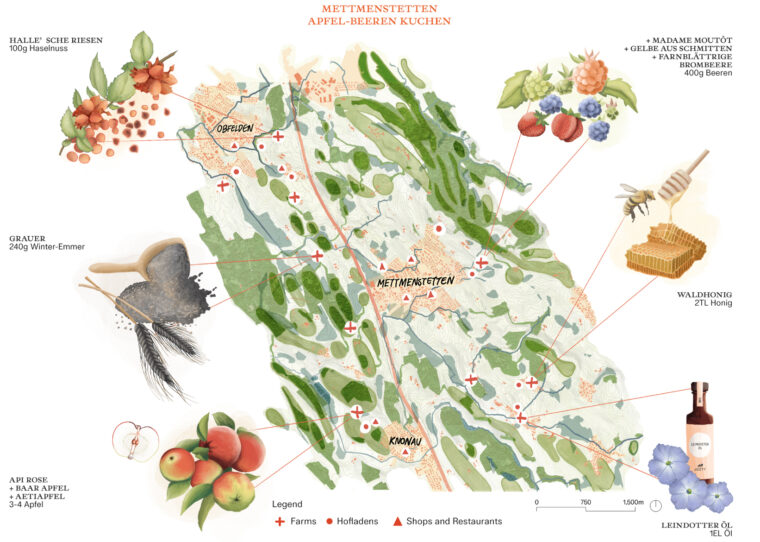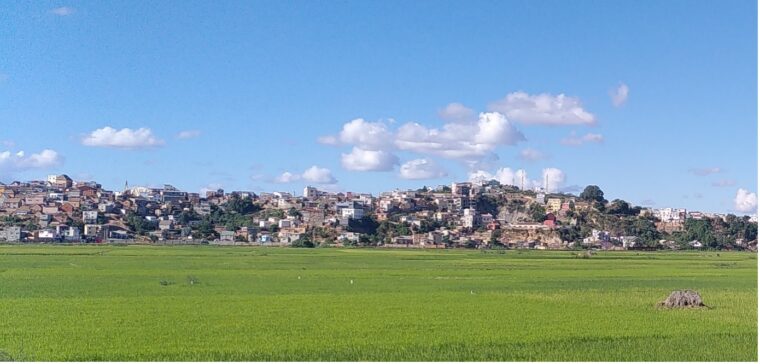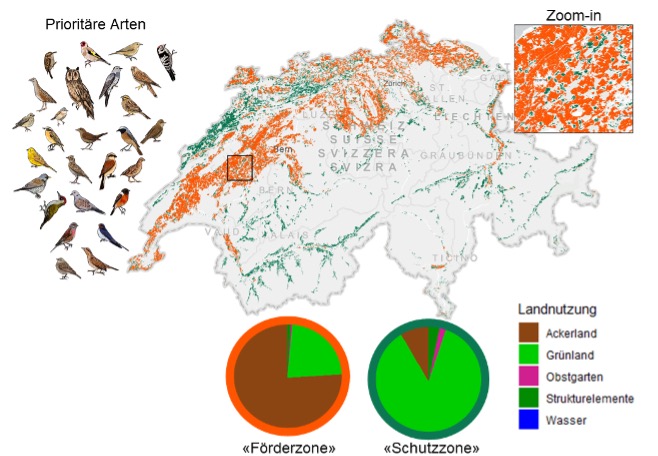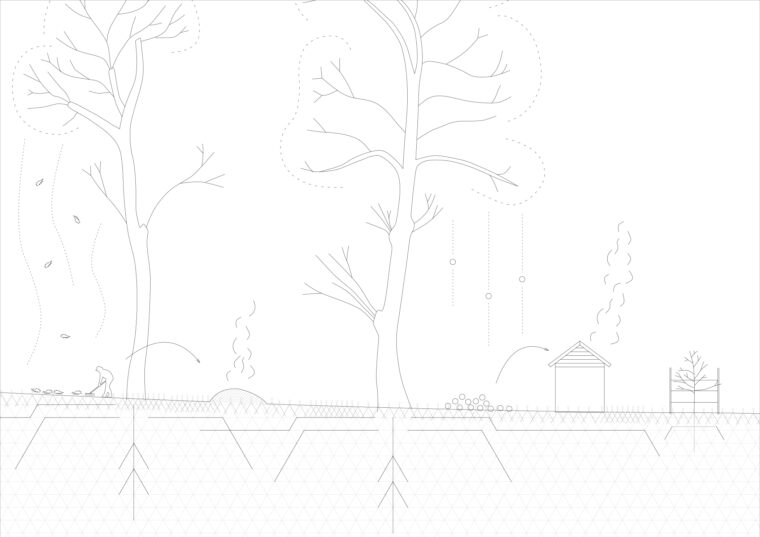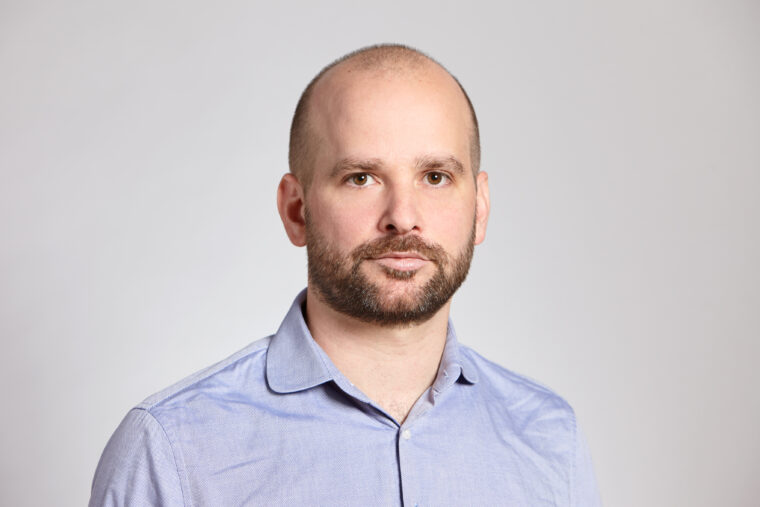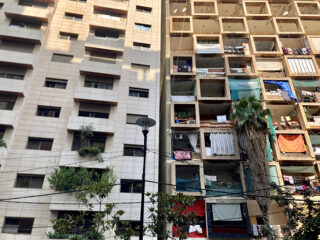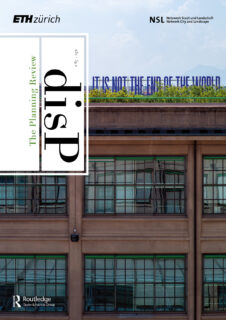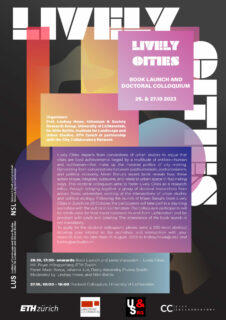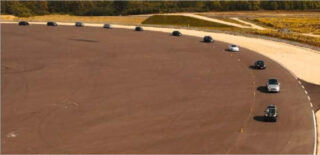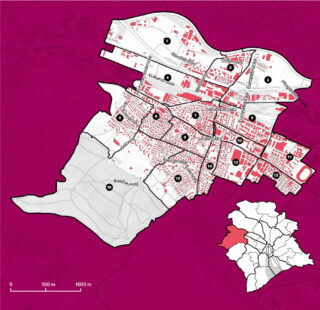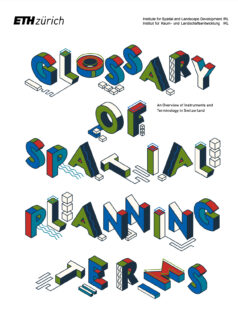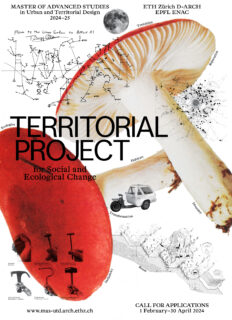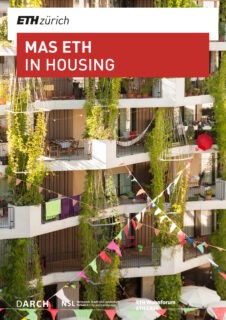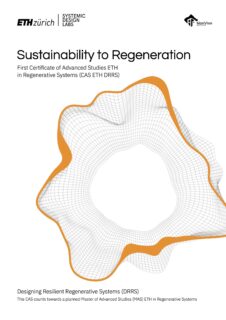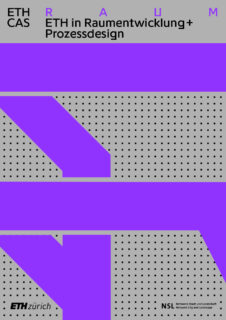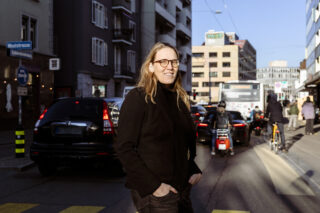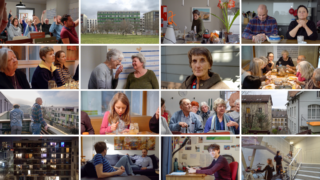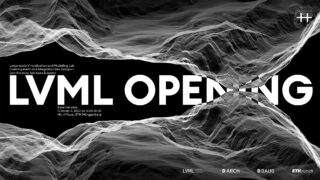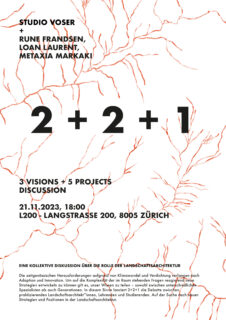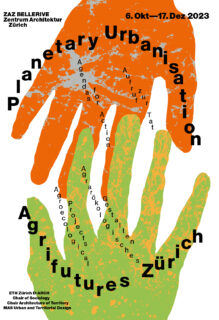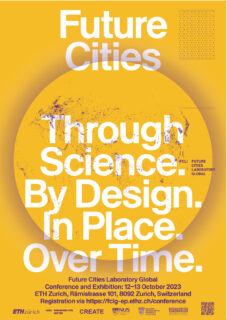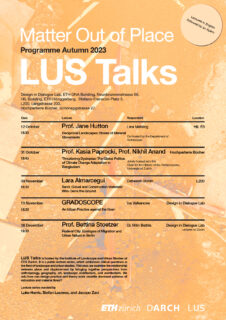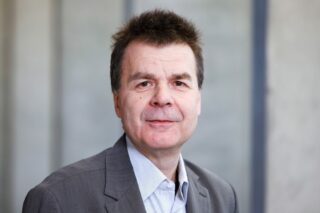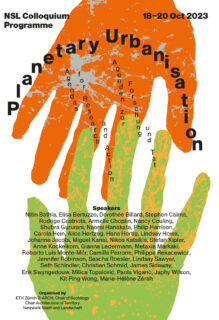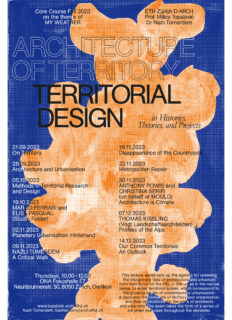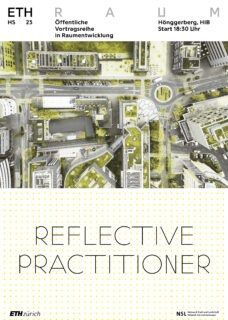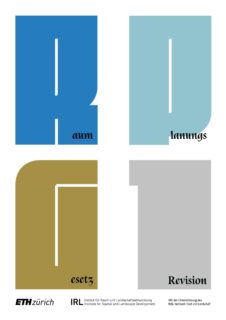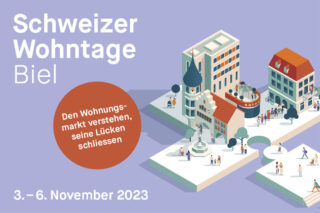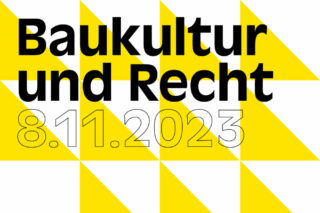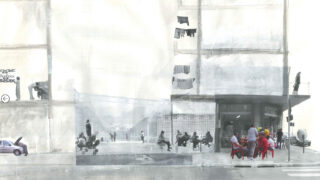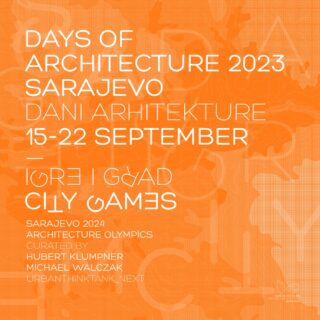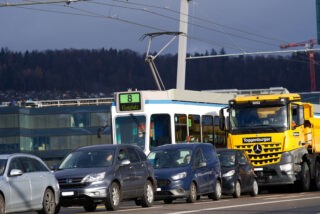Sehr geehrte Lesende
Wie genau könnte man global und lokal die Ernährungssysteme nachhaltiger gestalten, so dass auch Überflutungen verhindert und prioritäre Vogelarten gefördert werden? Und: wir stellen Ihnen den neuen NSL Leiter David Kaufmann vor (Raumentwicklung und Stadtpolitik).
Wir wünschen guten Leseappetit!
Registration until 15 October 2023.
The CAS essentials (January 2024 to June 2024) offers knowledge and skills to question our conventional construction techniques and promote regenerative materials from resource extraction to end of life of the building materials, through a territorial approach grounded in Switzerland and neighbouring countries.
More
Application: Mid-December 2023 – 30 April 2024.
The MAS UTD deploys the urban and territorial project as the crucial field of knowledge production across scales, based on social and environmental equity and justice and a deeper understanding of the cultural and ecological dimensions of territories.
More
Applications: 1 January – 30 April 2024.
This programme aims at contributing to finding solutions to the challenges of housing construction in Switzerland, Europe, and low and middle-income countries worldwide through high-level multidisciplinary training and research.
More
Registration: MOOC anytime; next CAS/MAS planned from November 2023.
More
ETH RAUM | Bewerbung bis 1. Dezember 2023.
Das CAS in Raumentwicklung und Prozessdesign vermittelt Expertise und innovative Formate der Prozessgestaltung. Dabei steht der Mensch im Zentrum: Eine designorientierte Haltung, agile Vorgehensweisen und kollaborative Methoden bilden die Grundlage, um räumliche Veränderungsprozesse anzugehen.
More
26. September 2023, 18:15–19:15 | Idaplatz Zürich (Treffpunkt: Brunnen).
Mehr Wohnraum in Städten «10-Minuten-Nachbarschaften».
More
30. September, 14:00–16:00 | Dialogweg 6, 8050 Zürich (Treffpunkt: Hauseingang) | Filmscreening.
More
3 October 2023, 16:00–18:00 | ETH Zürich, Hönggerberg, HIL H 40.9 (Foyer).
More
21. November 2023, 18:00 | L 200, Langstr. 200, Zürich.
More
Vernissage: 5. Oktober, 19:00 | Ausstellung: 6. Okt – 17. Dez 2023 | ZAZ BELLERIVE, Zentrum Architektur Zürich, Höschgasse 3, 8008 Zürich.
More
12 – 13 October | ETH Zurich, Rämistr. 101.
It is no longer enough to promote innovative science and design, we need to move from research to action.
Keynotes: Peter Sloterdijk, Pierre de Meuron, Momoyo Kaijima and others. More
12.10.-6.12., 18:30-19:30 | ETH Zürich, Neunbrunnenstr. 50, Design in Dialog Lab & L200, Langstr. 200, Zürich.
The LUS Talks is a public lecture series, which addresses critical questions in the field of landscape and urban studies. More
AUSGEBUCHT 14.+15. Oktober 2023 (Anmeldeschluss 2. Oktober) | in und um Zürich.
More
18, 19, 20 October 2023, colloquium and exhibition.
The conference debates themes including patterns and processes of urbanisation in agricultural territories, processes of extractivism, and the role of infrastructure, movements of people, goods and resources, and the state space in relation to urbanisation. It also addresses new conceptual instruments that scholars of planetary urbanisation have been developing and reflect on emerging design approaches related to territories of extended urbanisation.
More
Lecture Series | Thursday 7.12., 10:00 – 12:00 | ETH Zürich, Oerlikon, Neunbrunnenstr. 50, ONA Fokushalle E7.
This lecture series sets up an agenda for widening the disciplinary field of architecture and urbanism to territorial scales, corresponding to the increasing scales of contemporary urbanisation. More
10.1.24; 7.2.24, jeweils 18:30 | Öffentliche Vorlesungsreihe | ETH Zürich, Hönggerberg, HIB Open Space 1 + 2.
More
1–3 November | Delft University of Technology, the Netherlands.
More
2. November, 14:00 – 17:00 | ETH Zürich, Zentrum, HG E3.
Das Inkrafttreten der Revision des Raumplanungsgesetzes jährt 2024 zum zehnten Mal. More
Schweizer Wohntage | 6. November, 18:30 | Stadtbibliothek Biel, Dufourstr. 26, 2503 Biel, 3. Stock.
Was bedeutet Generationenwohnen und wodurch zeichnen sich Wohnprojekte aus? More
Third Annual Colloquium Stiftung Baukultur | 8 November (ganztägig) | Aula Magna, University of Fribourg. More
16–17 November | USI, Accademia di Architettura, Mendrisio.
This symposium will investigate the multiple ways in which recent and current urban conditions are represented, analysed, and informed, through drawings.
More
15 September – 27 October | Sarajevo, Bosnia, and Herzegovina.
This year’s Days of Architecture festival in Sarajevo celebrates the upcoming 40th anniversary of the 1984 Sarajevo Olympic Winter Games. More
6. bis 8. December 2023 | ETH Zürich, Centre and Hönggerberg.
Video Links of the 7th December
Photographs and presentations of all three days
About
This colloquium brings together transport planning researchers and practitioners to reflect on the growth processes of western or industrialized societies by identifying, assessing, and operating their transport infrastructures.
Transport planning as a discipline and practice has supported the growth processes of western or industrialized societies by identifying, assessing, and operating their transport infrastructures. In the last 150 years it was able to solve the capacity problems arising from population and industrial growth by using some of the growing national incomes to build more or better infrastructures for the growing number of vehicles. The challenges and the time frame of the greenhouse gas (GHG) accumulation change the way our societies should respond both in terms of our speed and in terms of the scale of our actions.
This colloquium brings together transport planning researchers and practitioners to reflect on these issues. The range of issues and suggestions can help to formulate strategies strong enough to fulfill the commitments which our societies have entered.
Day 1 brings together former students and researchers of the Institute for Transport Planning and Systems (IVT). Younger academics will present on day 2, while more senior researchers and practitioners will conclude on day 3. They will reflect on their ongoing work and on their experiences. They will draw their conclusions for our policy making and planning. The open discussions during and at the close of the colloquium will help defining our agendas for the future.
Speakers
Kay Axhausen, ETH Zürich; Milos Balac, ETH Zürich; Oded Cats, TU Delft; Francesco Ciari, Polytechnique Montreal; Richard Emmerink, Schiphol Airport; Alex Erath, FHNW Muttenz; Martin Fellendorf, TU Graz; Pieter J. Fourie, Dr. sc. ETH, FCL Singapore; Daniel Hörcher, Imperial College London; S. Hörl, System X, Paris; P. M. Jones, UCL London; Matthias Kowald, FH Rhein-Main, Wiesbaden; Allister Loder, TU München; Tanvi Maheshwari, Monash University Melbourne; Arnab Majumdar, Imperial College London; Rolf Moeckel, TU München; Kai Nagel, TU Berlin; O. A. Nielsen, DTU Lyngby; Robert Schlich, SBB; Yoram Shiftan, Technion Haifa; Lijun Sun, McGill University Montreal; Martin Tschopp, ARE
Redaktionsteam
Silvia Converso, Institut für Landschaft und Urbane Studien (LUS), Landschaftsarchitektur
Claudia Gebert, Koordinationsstelle NSL, Chefredaktion
Klearjos Papanicolaou, Institut für Landschaft und Urbane Studien (LUS), Städtebau
Maarten Van Strien, Institut für Raum- und Landschaftsentwicklung (IRL)
Jan Westerheide, Institut für Landschaft und Urbane Studien (LUS), Städtebau
Caroline Winkler, Institut für Verkehrsplanung und Transportsysteme (IVT)
